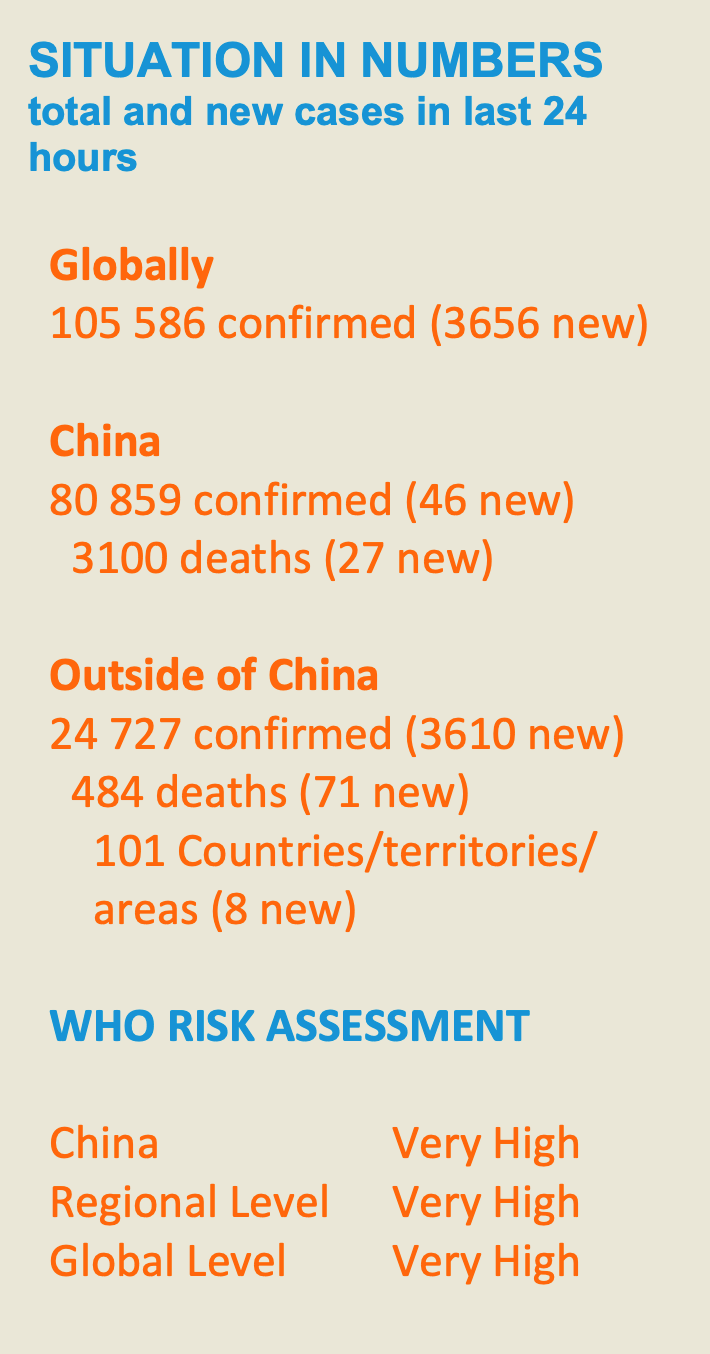
The respiratory infection known colloquially as coronavirus has infected thousands of citizens around the globe.
 Beyond the immediate impacts of the coronavirus outbreak on global health concerns, broader implications are only just beginning. The effects of the virus are anticipated to affect commodity prices, smartphone sales, as well as production timelines in industries throughout China and across the globe.
Beyond the immediate impacts of the coronavirus outbreak on global health concerns, broader implications are only just beginning. The effects of the virus are anticipated to affect commodity prices, smartphone sales, as well as production timelines in industries throughout China and across the globe.
Online businesses will also be greatly impacted as both rational and irrational fears take hold.
Within the travel industry, there has been a 9.8% decrease in flight reservations worldwide. Chinese flight data management app, HangBanGuanJia also reported the international flight cancellation rate is around 50% to 60% noting that South East Asia could be the most affected area, followed by North East Asia. The highest cancellation rate is in the Middle East, with over 92%. Travel restrictions globally have also impacted these depressed numbers and are greatly impacting online travel overall.
Forter data indicates that the main countries impacted (when comparing the past week to the weeks prior to that and normalizing seasonality through comparison to previous years) include:
China (where the drop is compared to January, since it began a few weeks earlier) at 52% ↓
South Korea at 39% ↓
Italy at 67% ↓
Taiwan at 47% ↓
Japan at 42% ↓
Iran at 79% ↓ (this could also be as a result of regional events such as the Ukrainian jet incident).
A fear of the unknown
Car rental and ride sharing services have also been impacted. Forter data indicates that there has been a 6% decrease in overall ground transportation (trains, buses, ride sharing services). In general, travelers and individuals are taking less rides and limiting the use of public transportation in order to mitigate their risk of possible exposure. A phenomenon of fear is emerging and impacting businesses’ bottom lines. For ride sharing services in the U.S., there is fear of the unknown, both for the drivers as well as the passengers. “If I drop off somebody in Flushing [the Queens neighborhood with a Chinese population of some 70,000], I deactivate the app [and drive to another area],” an Uber driver told The New York Post.
The apparel and accessories industry is also affected by the coronavirus outbreak. In China, the virus has caused many factories to stop or slow down operations leading to manufacturing and fulfillment delays by nearly 10 days, negatively impacting customer experience. ZheJiang, which is one of the most important provinces for cross-border e-commerce in China, shut down for about 20 days longer during the Chinese New Year this year compared to previous years. Data from China’s Ministry of Commerce showed that by February 14, the rate of return to work after the holiday in ZheJiang was only 24.3%, while the planned return to work date is typically by February 3rd.
Similarly to car rental and ride sharing services, the apparel and accessories industry has also seen a growing irrationality epidemic sweep through the population along with the virus outbreak itself. Customers have stopped ordering or purchasing items from Chinese brands for fear that the packages themselves may be contaminated. The Coronavirus is thought to spread mainly from person-to-person, but the fear of spreading from contact with infected surfaces or objects has greatly impacted customer buying patterns across China and beyond. Forter data shows that there was a significant (11%) drop in ordering physical goods suspected to come in from China (lower end goods that are less expensive, Chinese electronics, etc.) up until about two weeks ago, when things began to stabilize.
The outbreak of coronavirus is indeed a health concern that is and will continue to impact buying patterns and business execution in the coming weeks and months. The spread of the virus does mean that particular industries will see their transaction volumes decrease. However, merchants should anticipate that fraud attempts will persist and may even escalate. Merchants must ensure that their systems are properly prepared to deal with increased fraud attempts and more sophisticated methods of attack.
The chart figures are as of March 15, 2020.
Please check here for more news and insight on how COVID-19 is impacting the retail industry.

